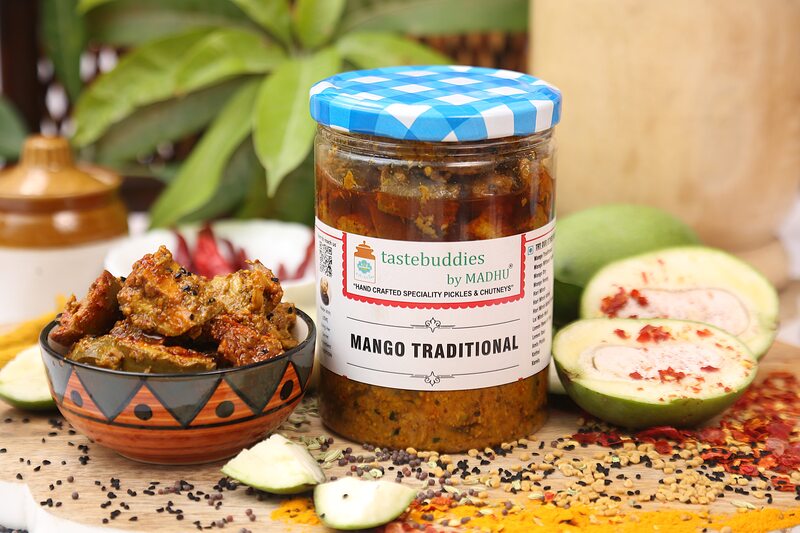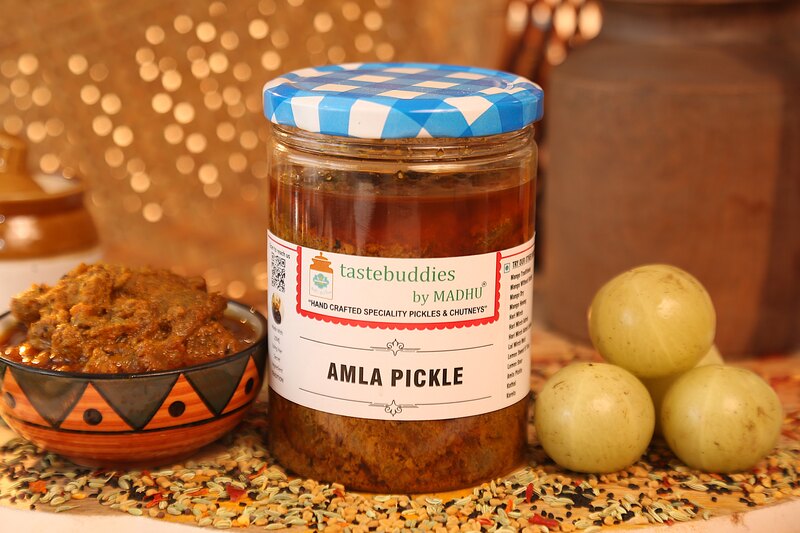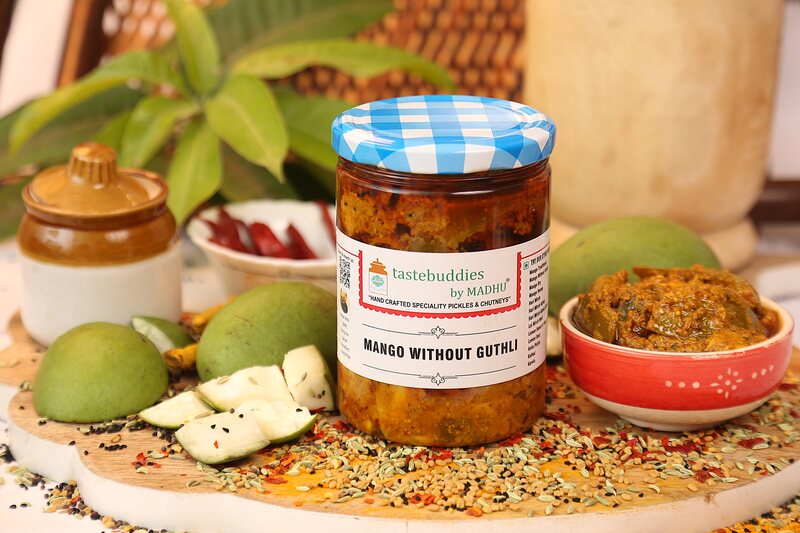
Cloves have been a cherished spice for centuries, adding warmth to dishes and depth to remedies in traditional medicine. But what if we told you that something as simple as clove water—steeping this tiny, aromatic bud in hot water—could become a powerful addition to your daily wellness routine, especially as a woman?
In this post, we explore the science-backed benefits of clove water for women, its potential side effects, how to prepare it, and the best times to drink it. Let’s dive into this underrated elixir.
🌿 What is Clove Water?
Clove water is made by soaking or boiling dried cloves in water, allowing its essential oils—particularly eugenol—to infuse. The result is a warm, spicy, and mildly bitter tea packed with medicinal properties.
🌸 10 Incredible Benefits of Clove Water for Women
1. Supports Hormonal Balance
Hormonal imbalance can lead to irregular periods, PCOS symptoms, mood swings, and more. Cloves contain phytoestrogens—plant-based compounds that mimic estrogen. Drinking clove water regularly may help support hormonal regulation, especially in women facing menopause or menstrual irregularities.
2. Eases Menstrual Cramps
Thanks to its anti-inflammatory and analgesic properties, clove water can act as a natural painkiller, helping ease menstrual cramps. Sipping it warm can relax uterine muscles and reduce period discomfort.
3. Boosts Fertility Naturally
Traditional medicine has long used cloves to improve reproductive health. Clove water may boost ovulation and increase the thickness of cervical mucus—both essential for conception. However, this claim needs more scientific backing.
4. Improves Digestive Health
Indigestion, bloating, and constipation are common issues many women face. Clove water stimulates digestive enzymes and enhances gut motility. It helps reduce gas and soothes the stomach, especially when consumed on an empty stomach in the morning.
5. Enhances Skin Glow
Packed with antioxidants, clove water fights free radicals that cause premature aging. It helps detoxify the blood, which can result in clearer, radiant skin and fewer acne breakouts.
6. Supports Weight Loss
Drinking clove water may help boost metabolism and reduce body fat. It improves digestion and may help regulate blood sugar levels, reducing hunger pangs and preventing insulin spikes.
7. Fights Vaginal Infections
Cloves have powerful antifungal and antibacterial properties. Clove water may help in preventing or managing yeast infections and maintaining pH balance in intimate areas when used cautiously.
8. Boosts Immunity
The eugenol in cloves is a strong antiviral and antimicrobial agent. Regular consumption of clove water can strengthen the immune system, protecting against seasonal infections and inflammation.
9. Improves Hair Health
Clove water stimulates blood flow to the scalp, strengthening hair follicles and reducing hair fall. Some women use diluted clove water as a natural hair rinse for promoting thickness and shine.
10. Reduces Stress and Improves Sleep
Clove water’s calming properties can help relax the nervous system. Drinking it before bedtime may promote deeper, restful sleep, making it a natural night-time soother.
⚠️ Potential Side Effects of Clove Water for Women
While clove water is mostly safe, moderation is key. Overuse or sensitivity can cause side effects:
🚫 Liver Toxicity
Eugenol in high amounts can harm the liver. Stick to 1 cup per day unless advised otherwise by a healthcare provider.
🚫 Bleeding Risk
Cloves may increase the risk of bleeding. Women on blood thinners or with bleeding disorders should avoid clove water without medical approval.
🚫 Allergic Reactions
Some may experience skin irritation, shortness of breath, or rashes. Discontinue use if allergic symptoms occur.
🚫 Pregnancy & Breastfeeding Concerns
Pregnant or nursing women should consult their doctor before using clove water. Limited data is available on its safety during these stages.
🍵 How to Make Clove Water
Making clove water at home is easy:
Ingredients:
- 2–3 whole cloves
- 1 cup of water
Instructions:
- Boil the water.
- Add cloves and let them steep for 10–15 minutes.
- Strain and drink warm or allow to cool.
Optional: Add a slice of lemon or a pinch of cinnamon for taste and added benefits.
Best time to drink:
- Morning (empty stomach) for detox and metabolism boost.
- Night for menstrual relief or improved sleep.
🧠 Pro Tip: Combine with Other Herbs
For added benefits, combine clove water with:
- Fenugreek seeds (for hormonal balance)
- Ginger (for digestion)
- Cinnamon (for blood sugar control)
👩⚕️ When to Avoid Clove Water
- If you are on anticoagulants or blood thinners
- If you have gastrointestinal ulcers or IBS
- If you are pregnant or lactating
- If you are allergic to cloves or eugenol
Always consult your physician before adding new herbal remedies to your routine.
🏷️ Real Talk: Should You Drink Clove Water Daily?
If consumed in moderation (1 cup daily), clove water can be a powerful addition to your self-care ritual. It’s especially beneficial for women navigating hormonal changes, gut health issues, or skin concerns.
But like all good things, balance is key. Pay attention to how your body responds—and always listen to your body.
💬 Final Thoughts
Nature has given us countless remedies, and cloves are a tiny powerhouse with massive potential. Whether you’re looking to relieve menstrual pain, balance hormones, or glow from within, clove water might just be your new best friend.
But remember—wellness is a journey, not a shortcut. Pair your clove water habit with a healthy lifestyle for best results.
🔗 Want to explore more natural remedies and daily health tips?
👉 Read the full blog post on MasalaMonk.com and discover how ancient spices are reclaiming their place in modern health.
✅ 10 FAQs about Clove Water for Women
1. What happens if I drink clove water every day as a woman?
Drinking clove water daily in moderation (1 cup per day) may support hormonal balance, improve digestion, enhance skin health, and help with menstrual discomfort. However, overconsumption may cause side effects, so it’s important to listen to your body.
2. Can clove water help with periods or menstrual pain?
Yes, clove water’s natural anti-inflammatory and analgesic properties can relieve menstrual cramps and support smoother, less painful periods.
3. Is clove water good for fertility in women?
Traditionally, cloves have been used to support reproductive health. Clove water may aid ovulation and hormonal balance, but more clinical studies are needed. It should not replace professional fertility treatments.
4. Does clove water help with weight loss?
Clove water can support weight management by boosting metabolism and aiding digestion. It is not a magic solution but can complement a healthy diet and lifestyle.
5. Can I drink clove water while pregnant or breastfeeding?
Pregnant or breastfeeding women should consult a doctor before consuming clove water, as there is limited research on its safety during these stages.
6. What are the side effects of drinking clove water?
Side effects may include liver irritation, increased bleeding risk, allergic reactions, or digestive upset—especially if consumed in excess.
7. Can clove water clear acne or improve skin?
Yes, clove water is rich in antioxidants and may help detoxify the body and reduce breakouts, promoting clearer and more radiant skin.
8. How long should I drink clove water to see benefits?
Visible benefits vary from person to person, but many women report improvements in digestion and menstrual symptoms within 1–2 weeks of consistent use.
9. Can I drink clove water on an empty stomach?
Yes, drinking it in the morning on an empty stomach can enhance digestion, boost metabolism, and aid in detoxification.
10. Can I mix clove water with other ingredients for added benefits?
Absolutely! You can combine it with cinnamon, ginger, or lemon for enhanced taste and additional health benefits like improved metabolism and immune support.















